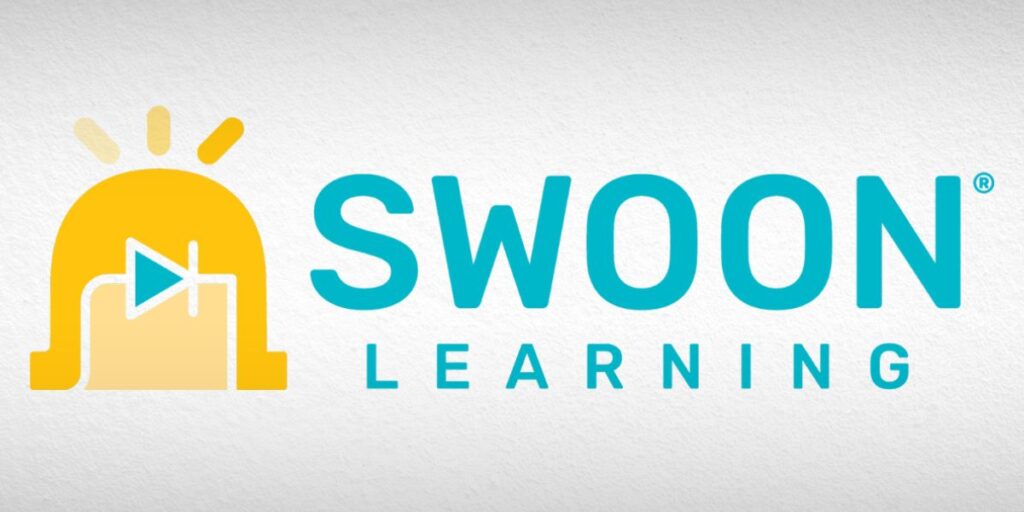A wave of artificial intelligence is sweeping across America’s classrooms, reshaping how students learn, how teachers teach, and how parents engage with the educational journey. While these innovations hold potential for greater personalization and access, they also raise important questions about the balance between machine efficiency and human connection.
To address these evolving dynamics, the U.S. Department of Education recently released formal guidance on the responsible use of AI across federally funded education programs. The document encourages schools and grantees to explore the transformative potential of AI-powered learning—while ensuring it is ethically deployed, accessible, and aligned with the essential role of educators.
Responsible AI, Backed by Federal Support
The Department’s guidance outlines how AI can improve student outcomes by enhancing instruction, expanding access, and aiding educators—not replacing them. Allowable uses of federal grant funds include developing or procuring AI-powered instructional tools that adapt in real-time, deploying intelligent tutoring systems, and integrating virtual platforms to help students explore college and career pathways.
But critically, the guidance reinforces a “human-first” approach. It states that AI in education should be educator-led, ethical, accessible, transparent, and data-protective. Students and families must understand how these systems function, and schools must preserve the personal trust that underpins successful learning environments.
This alignment between federal priorities and ethical practice is exactly where Swoon Learning aims to lead.
Swoon Learning: Putting Humanity at the Center of AI Tutoring
Students receive one-on-one guidance that helps them not just pass tests, but also helps them develop essential skills—such as managing stress, balancing commitments, cultivating self-motivation, and becoming more organized through their proprietary software, Swoon Front Office®.
What makes Swoon Learning especially timely is its ability to integrate emerging tools—including AI-powered scheduling, study tracking, and progress monitoring—without compromising its people-first model. “Technology is a tool, not a teacher,” says co-founder Carla Bayot. “A great educator can ignite something in a student that AI never will.”
This ethos resonates strongly with families navigating today’s learning landscape. With the growing presence of AI-based platforms in schools—from chatbots and adaptive testing to predictive analytics and tutoring algorithms—parents are increasingly asking how to evaluate these tools, where human oversight is preserved, and whether their child’s unique needs are being met.
Swoon Learning provides that clarity. Their academic coaches help families understand how to leverage technology without losing the relational foundation of education. Whether preparing for college applications or balancing AP classes with sports, students under Swoon Learning’s guidance receive both the innovation of AI and the irreplaceable value of human mentorship.
A New Model for Public Schools and Families
The Department of Education’s guidance opens the door for public schools to collaborate with partners like Swoon Learning—especially as they seek to allocate grant funds toward responsible AI initiatives. By offering hybrid models that combine human coaching with carefully selected AI support systems, schools can meet federal criteria while addressing urgent needs like learning loss, mental health strain, and academic disengagement.
Diagnostic tools and predictive models may help educators spot students at risk. But it is the human coach, advisor, or teacher who can step in and provide the support, motivation, and care needed to intervene effectively. That’s the bridge Swoon Learning aims to build through their products and services: a world where students are not left alone with machines but guided by people who care, using tools that truly work.
As the national education system continues to evolve, the question is no longer whether AI will enter the classroom—but how it will be used, and who will ensure it’s done right. For Swoon Learning, the answer is clear: Innovation must always be in service of humanity.











